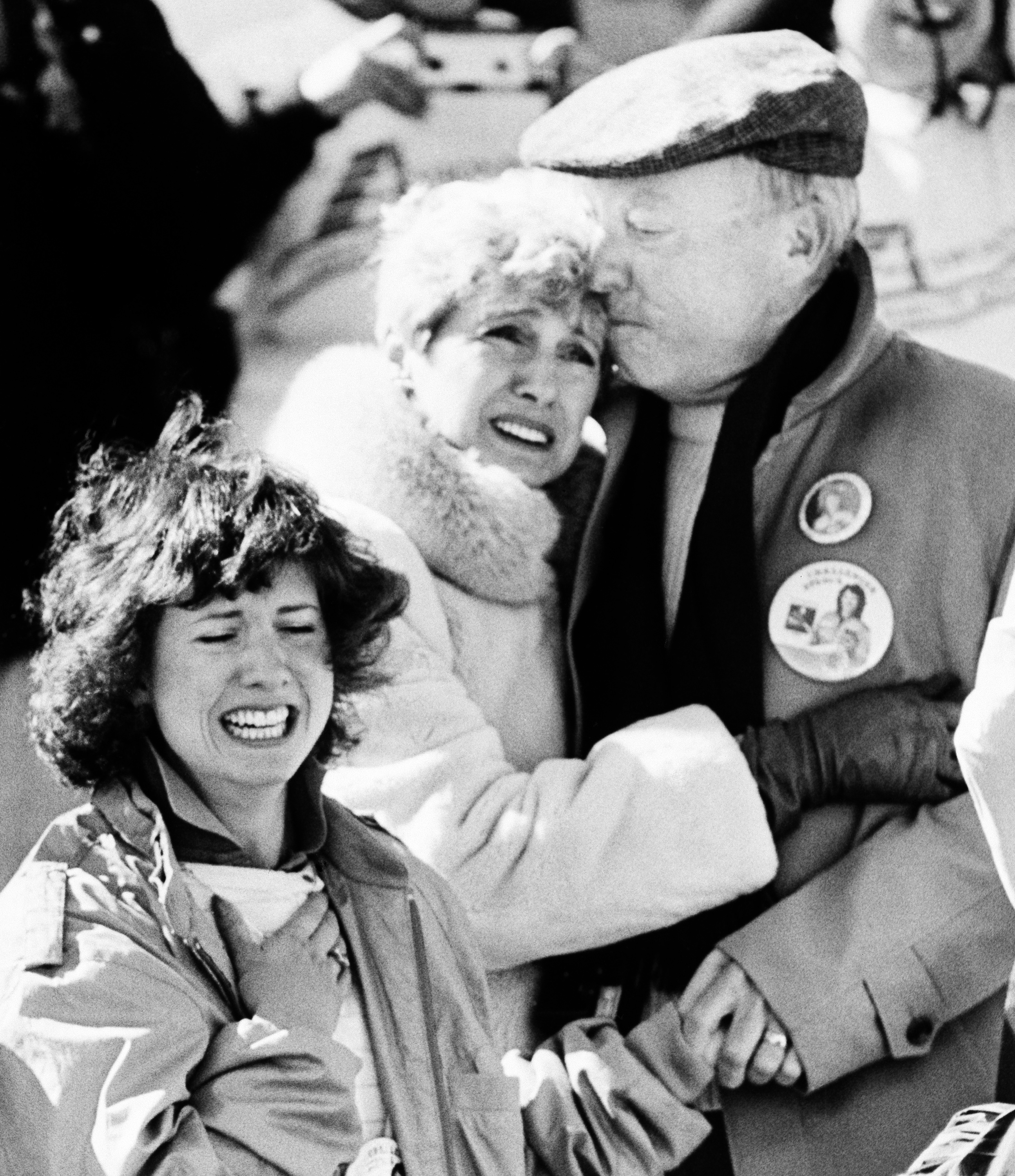“Challenger, you’re go at throttle up.”
There really aren’t that many “where were you when” moments in our lives. But those six words certainly qualify. A half second later, the space shuttle exploded. Unbelievably, it was 30 years ago today.
We’d gotten pretty comfortable with our ability to do things, so much so that only the most hard-core of space fans even bothered to stop to watch shuttle launches.
Watch that CNN video above and you’ll note that the anchor was in the process of dumping out of the coverage as the shuttle exploded.
For those who did watch, we’d never seen such a thing happen on live TV before. It would be more than a decade before planes plowed into the World Trade Center.
In many ways, we’ve become somewhat desensitized to live coverage of people’s deaths.
That’s why it might be hard for those who weren’t alive yet, to truly appreciate the job then President Ronald Reagan did when he gave what is generally considered one of the best presidential addresses of all time.
“I am able now to treat the event as history rather than avoiding the public scrutiny that overcame us during our private grieving,” June Scobee Rodgers, whose husband, Francis “Dick” Scobee, commanded the shuttle mission, tells CBS News. “I’m envious when I look back at Dick Scobee’s pictures, and he’s so young, and I’m a great grandmother now!
There was one more memorable image of that morning. This one.

“I could see them, and I could see their anxiety as it came down to the launch period and then how happy they were when they saw the actual liftoff,” CBS’s Bruce Hall recalls of Christa McAuliffe’s parents. “You could see just tremendous joy in their faces. Then, when the explosion happened, I think I was like many of the veterans there, we knew immediately that this was a catastrophe. Christa McAuliffe’s parents did not know that. They thought there was a problem, but they did not have any idea at all of what had happened.”
The explosion didn’t have to happen.
Engineers with the rocket’s builders, Morton Thiokol, recommended a delay because of low overnight temperatures that could make critical O-rings too stiff to function properly.
But their bosses overruled them after being pressured by NASA officials.
In the subsequent 30 years, we’ve gotten used to that sort of thing too.
Related: The story behind Reagan’s famous Challenger speech (Chicago Tribune)
